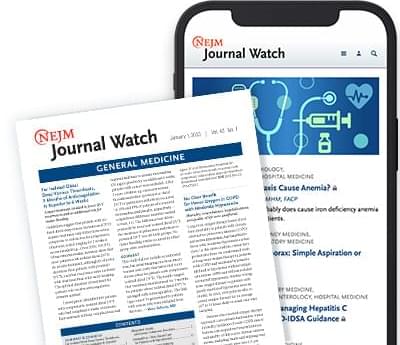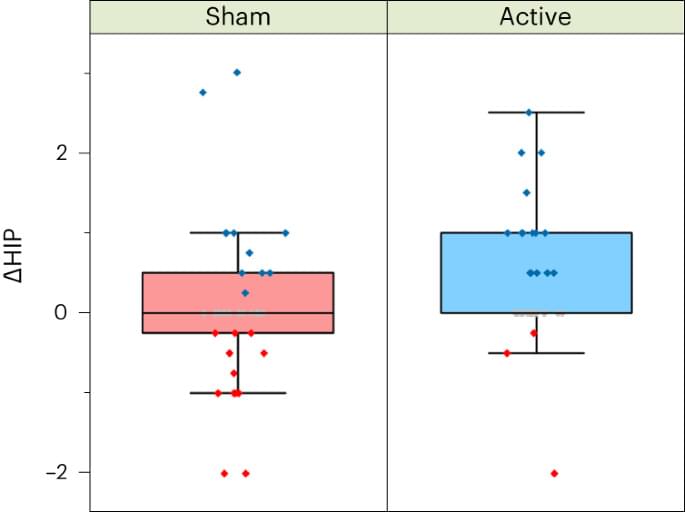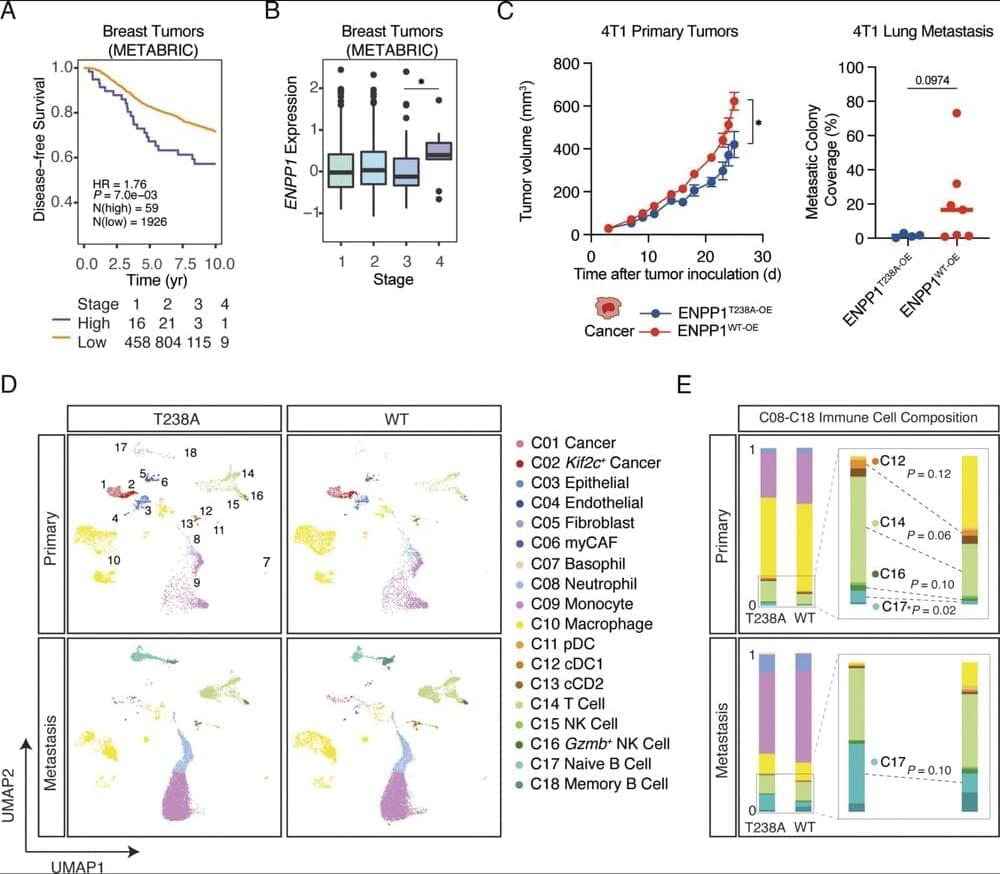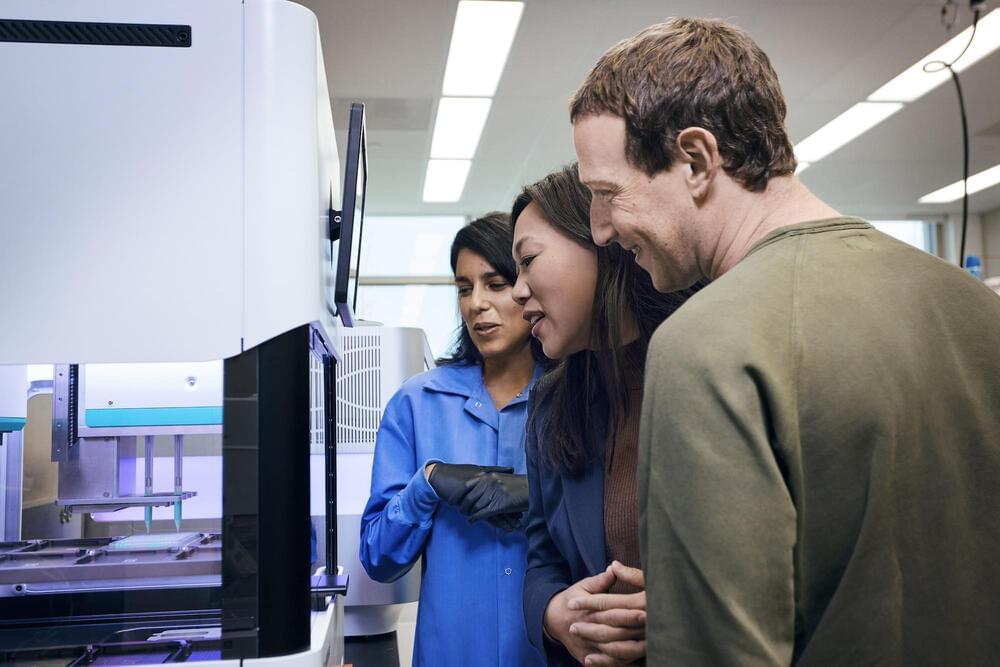
Dementia and stroke often have devastating consequences, so patients want to know what they can do to protect themselves against these diseases. A team of clinicians in partnership with patients developed a Brain Care Score (BCS) based on modifiable risk factors identified in past epidemiological studies. In the BCS, weights are assigned to four physical components (i.e., blood pressure, glycosylated hemoglobin, cholesterol, and body-mass index), to five lifestyle elements (i.e., nutrition, alcohol intake, smoking, aerobic activities, and sleep), and to three social factors (i.e., stress, relationships, and purpose in life). Lower scores on the BCS (range, 0–19) predict higher risk.
The team then validated whether the BCS predicted new dementia or stroke in the U.K. Biobank cohort, which consisted of 398,900 people (age range at baseline, 40–69). During average follow-up of nearly 13 years, new dementia or stroke occurred in ≈3% of the cohort. The BCS identified people who were at highest risk for these outcomes. For example, among those who were younger than 50 at baseline, a 5-point higher score predicted 59% lower risk for dementia and 48% lower risk for stroke.
This score could be computed automatically from information already in electronic health records and used to identify risk factors and to engage patients in modifying those risk factors. Whether such scoring would actually lead to lower incidences of dementia and stroke remains to be seen.

















